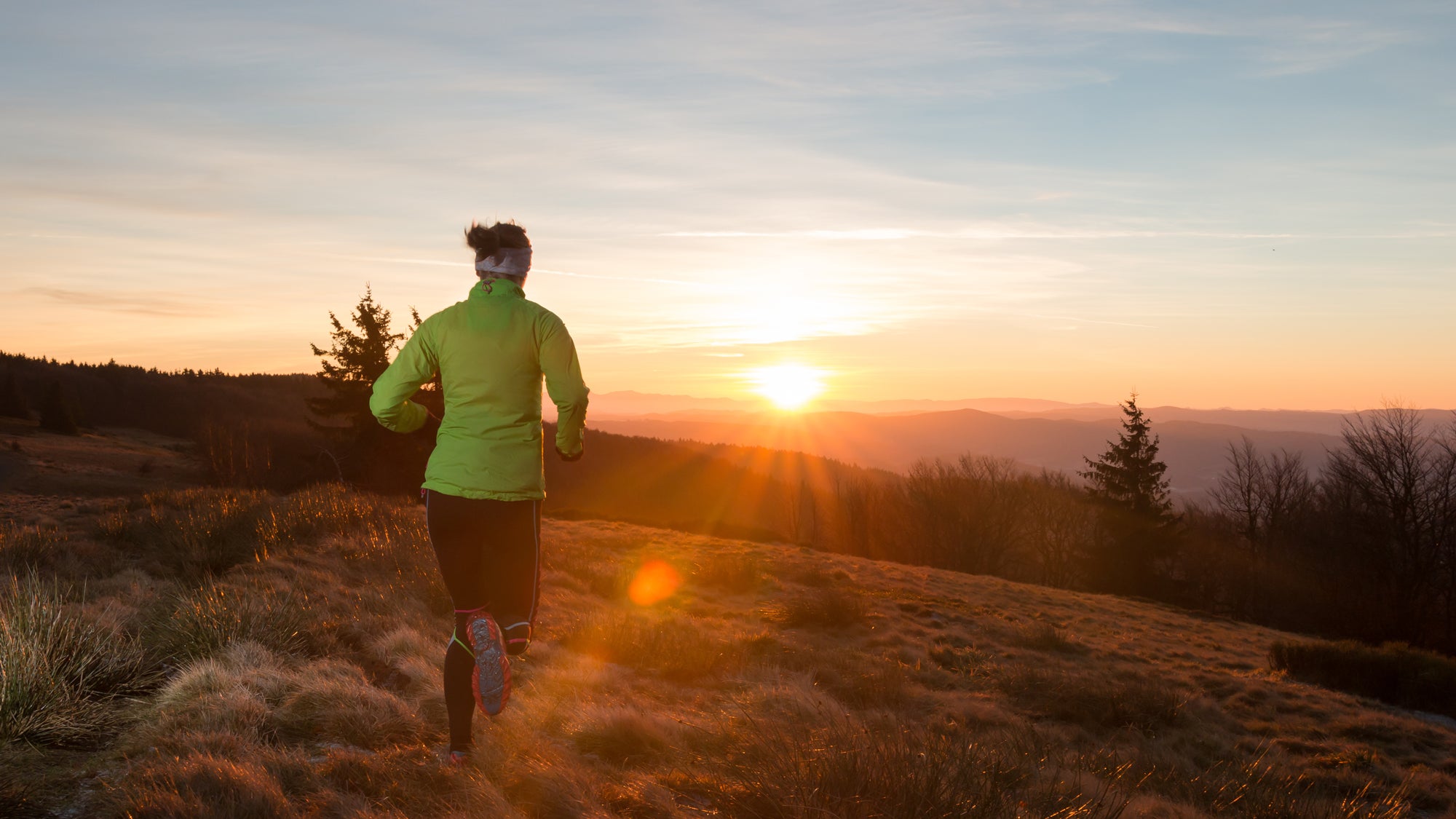10 Reminders as You Jump Back into Triathlon Training

It’s a new year, and your first race of 2019 is finally feeling like it’s within striking distance. After a long off-season (which may or may not have included any structured training) and a holiday season full of over-indulging, it can feel tempting to jump right into hardcore training. Press pause for a second and keep these 10 things in mind.
1. Look at This Time as a Transition Season
Coach Tatjana Ivanova says it’s important to recognize that you should have a “transition season” of about six to 10 weeks in between the off-season and ramping up for your first race of the year. It lays the overall fitness foundation and gives you a chance to tackle some objectives that are hard to manage in the middle of racing season.
2. Get Your Bike Ready
If you’re feeling rusty, so is your bike! Now is a great time to get a tune-up. Other things to consider right now:
- Do you need a new fit or a re-fit?
- Are your cleats still in decent condition?
- What about your saddle?
- Are there any other accessories that need an update before you up your mileage?
Read more on necessary items to update here.
3. Embrace Your (Lack of) Fitness
You’re rested, motivated, excited, and (insert record scratch here) slower than ever? WTF? Did I erase all the work I did last year? What am I paying this coach for? How will I ever reach those lofty goals I set for 2019? Will I even be able to match last year’s pace, power, or speed? I probably need to add some more speed and intensity, right?
Slow down, says coach Chris Bagg. Two different processes result in the kind of desperation outlined above, one physical and the other mental. The physical process is the simple and established process of de-training and then re-entering training, and the second, mental process is called magical thinking. Here, he goes through each and provides athletes and coaches a toolkit for dealing with the combined effects of these processes.
4. Plan Your Season
Instead of trying to immediately go full force into training, take that same enthusiasm toward planning out the year ahead. There are a ton of events to choose from: your favorite tris, the races your friends are doing, bucket-list events, the tri club destination competition. Here’s some advice on how to keep your schedule sane, crush your goals, and have fun.
5. If You’re Antsy to Race, Think Outside Triathlon
As you start to gain some fitness, you might feel antsy about how far away your first triathlon is. But you don’t have to wait to compete—there are some super-fun and highly beneficial races happening in the late winter and early spring. These alternative events offer a chance to boost your single-sport fitness (perhaps in one of your weaker disciplines) and the opportunity to learn valuable racing skills that will make you a faster triathlete this year! Get some race ideas here.
6. Consider a Camp
You get to jet off to a warm locale, build power on your bike, get back in the open water, and run in a beautiful destination—it doesn’t get much better than that. Early-season camps provide a unique opportunity to train with top-level coaches and fellow athletes to push you to a higher fitness level. Check back to Triathlete.com in the next few days for a complete list of camp options.
7. Test Your Fitness
There is an old adage in business that goes: “You can’t improve what you don’t measure.” Coach Lance Watson believes that applies to triathlon too, where people are often guilty of training for months on end without ever really knowing if they’re improving. This is where fitness testing comes in. Unless you measure something, you don’t know if it is getting better or worse. You can’t manage for improvement if you don’t measure to see what is getting better and what isn’t.
It’s a good idea to do some fitness tests at the start of your winter training to set your training intensities and targets, and then again mid-way through winter training to assess progress and make any changes necessary. See some of the tests Watson recommends here.
8. Do Some Pre-Hab
Did you deal with a nagging issue last season? Treat this as an injury prevention time to avoid that situation again. Dr. Jordan Metzl says that spring is when he knows to “batten down the hatches” because that’s when triathletes start rolling into his office with injuries. As we said above, don’t ramp up too quickly and then get into a consistent habit of strength training. Pre-season and in-season strength training makes the body tougher, stronger, and better able to remain injury-free. It makes all of the body’s tissues stronger, including tendons, bones, and muscles. Never strength trained before? Here’s a good routine to start.
9. Reach Your Racing Weight the Right Way
Just as it can be tempting to dive in too quickly with training, it can be easy to go too drastic in your quest to lose the weight you gained over the off-season. Being lean and light is an advantage—but only if you do it the right way. The best way to reduce your calorie intake without compromising your training is to focus on the quality of what you eat instead of on the quantity. Here, Matt Fitzgerald shares the key do’s and don’ts of performance weight management.
10. When You Do Race—Be Realistic
Gunning for a PR in your first race of the year is probably not the best idea. Instead, set realistic goals for your first triathlon. As easy as that sounds, the reality is you probably won’t have a confident sense of how to pace your early-season race efforts. Here are some guidelines to help determine appropriate pacing.
The main takeaways? Stay patient, have a plan, and get ready to crush 2019!